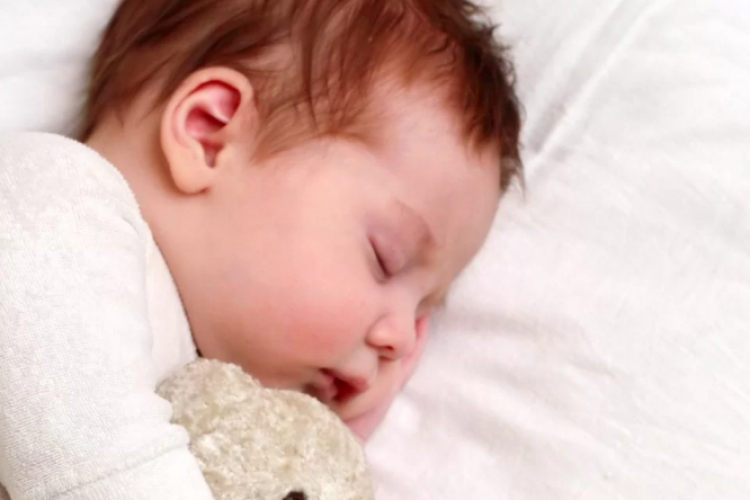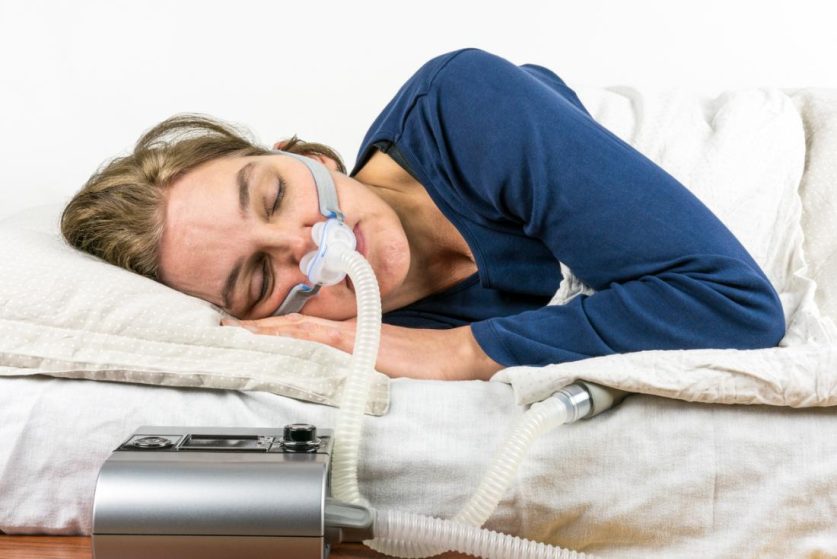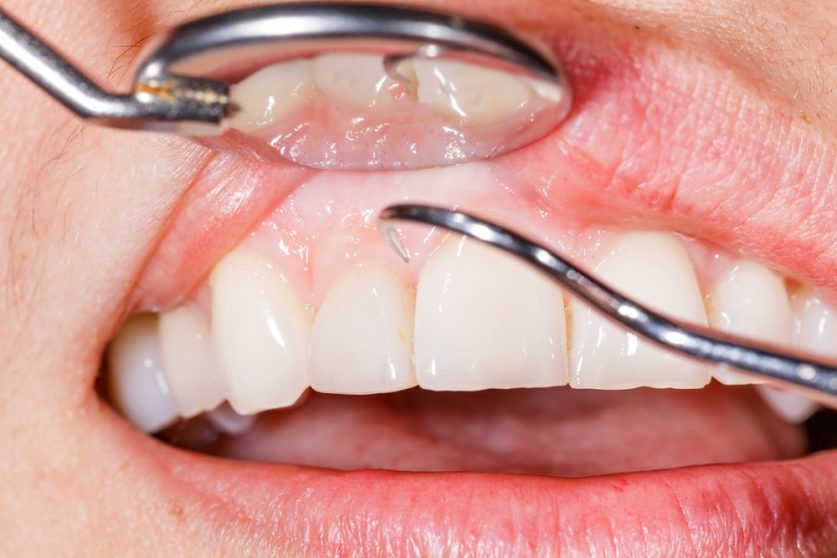Is It Normal For a Baby To Shake While Sleeping
Although it’s normal for your baby to shiver when they’re cold, or when they are excited, it’s always important to check in with your doctor if your baby begins to shake while sleeping. Most babies will experience this at some point during the first few months of life, so you won’t necessarily need to worry about it if it happens only once or twice. Here are some reasons why babies shake while sleeping, and what you can do about it if the issue persists.
What causes baby shaking while sleeping?
Though babies normally experience a number of body twitches and shakes while they sleep, excessive body movement during slumber can be abnormal. There are many possible causes of excessive body movements during sleep in babies. Some of these causes may require immediate medical attention and others may resolve on their own with no intervention required. Regardless of whether treatment is necessary, knowing what might cause your baby to move excessively during sleep will help you identify what actions may need to be taken if your baby is having trouble sleeping.
1. Due to early sensorimotor development
Babies are born with incredibly strong muscle control, allowing them to move about effortlessly and react quickly. Early on, all of their movements are reflexive and involuntary. However, these involuntary responses don’t actually have much in common with what we think of as reflexes—they’re more like conditioned responses that help your baby learn how her body reacts in certain situations (like when she feels hungry or touched). Babies may begin exhibiting more voluntary movement when they start crawling around 8 months old, but at first they won’t be able to control their limbs very well. This can make sleeping challenging; rather than lying flat on her back (which most babies will start doing once they hit 4 or 5 months), your baby might be inclined to roll onto her tummy.
2. Sleep Myoclonus
Sleep myoclonus is when babies experience sudden and brief muscle contractions (jerks or twitches) that can happen when they’re asleep. Often, these twitches are temporary and don’t affect sleep patterns or quality. In some cases, however, sleep myoclonus becomes disruptive enough that treatment might be warranted. Sleep myoclonus isn’t limited to children – people of all ages can experience these muscle spasms during their rest periods as well. Usually, there’s no cause for concern if your baby experiences sleep myoclonus on occasion.
3. It might be seizure
According to MedlinePlus, between 2 and 4 out of every 1,000 babies experience seizures before they reach their first birthday. This is known as neonatal seizure. The cause is unknown in most cases, although some could be related to prenatal factors such as infections, trauma during birth or low oxygen levels. Whatever the reason may be, seizures can cause uncontrolled muscle movements in your child’s arms and legs that might make him seem like he’s shaking while sleeping. But is it normal? Yes, but make sure you take him to see his doctor right away so he can be treat quickly if needed. After all, seizures are serious business for newborns.
4. Colic
Infantile colic occurs when your infant experiences periods of intense crying (more than three hours at a time) that seem unrelated to any irritants or causes. Typically, colic develops at about two weeks old and ends after four months, so don’t worry if you’re not quite there yet. Breastfed babies will usually start seeing improvement in their symptoms after two weeks and find relief by around three months. Note: The reason for breast milk being associate with more calming effects is due to both its richness in tryptophan—the precursor to serotonin—and because babies who are fed breast milk consume less air than formula-fed infants, meaning they end up burping less frequently.
5. Sandifer Syndrome
If your baby is frequently experiencing these symptoms, you may have Sandifer syndrome. Sandifer syndrome is an extremely rare neurological disorder which causes spasms in infants who are between three and six months old. These spasms can cause sleepiness and jerking of different body parts. It’s important to talk with your doctor if you think your child may be suffering from Sandifer syndrome, as early diagnosis can help improve treatment outcomes.
6. Jitteriness
Babies aren’t just warm and cuddly—they’re also pretty jittery! Baby shivers or starts frequently is completely normal, especially during infancy. This is particularly true if you have an active baby on your hands, one who moves around a lot in his sleep.
Conclusion
No. Baby shivers aren’t something that you should necessarily worry about, but they can be concerning because they might signal an underlying health problem—if baby is also experiencing other symptoms. These problems could include respiratory infections, swallowing difficulties or even sleep apnea (if baby appears to stop breathing in her sleep). If your pediatrician hasn’t found any medical reason behind baby’s nightly shivers, let her know how often you see them and whether they seem especially severe.















